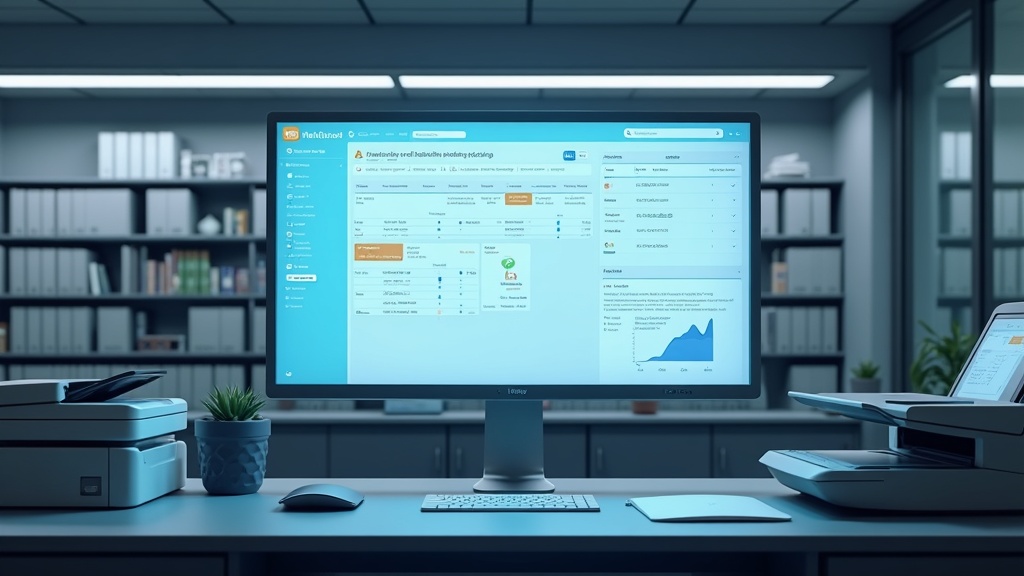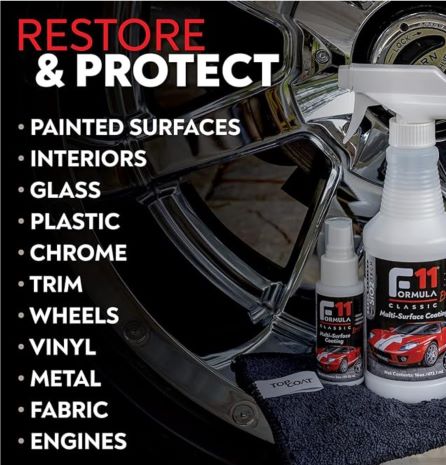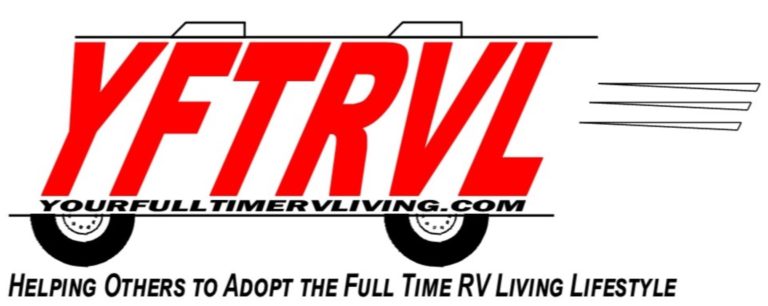Setting up a legal address is often one of the trickiest steps for people who travel full time, move states, or work remotely. Mail forwarding services make this process way smoother. These services do more than just send your packages; they actually help you set up a legitimate domicile, which really means your official legal residence.
This goes beyond convenience; it directly affects taxes, voting, health insurance, and even your driver’s license. I’m going to share everything I know about why mail forwarding matters so much for establishing domicile and how it shapes your day-to-day life if you’re a digital nomad, RVer, or someone with a flexible lifestyle.
Why Domicile Matters More Than You Think
Domicile is your official home for legal purposes. It’s the place where the government, banks, and insurance companies see you as a resident.
Picking your domicile isn’t just about picking an address on a map; your choice controls your tax rates, eligibility for health insurance, your ability to get a local driver’s license, register vehicles, and even where you can vote. For people like me who spend lots of time on the road or switch locations often, finding the best domicile can save money and cut paperwork headaches.
Some states, like Florida, Texas, and South Dakota, are popular because of their residency perks. They usually have no state income tax, more relaxed vehicle rules, or easy health care options for travelers. But you can’t just pick one, send a letter, and call it done. You need documentation to prove you really live there, which is where mail forwarding services really shine.
Mail forwarding companies give you a physical address you can use on all legal documents. That address is usually recognized as a residential address by government agencies. Even though you might never physically be at that location, it acts as your “home base.” That unlocks a ton of benefits if you plan to travel for a long time.
How Mail Forwarding Services Help with Legal Residency
Mail forwarding services aren’t just about picking up packages or letters. They give you an anchor, an address that you control, no matter where your actual travels take you. You can receive, view, and manage your mail online, and then decide what to do with each piece. Some services will even scan your mail for you to check online, which is perfect if you’re halfway across the world.
When you’re working to establish domicile in a new state, you’ll need to prove residency for things like vehicle registration, driver’s license renewals, jury duty exemptions, and sometimes voting. A mail forwarding address registered with the right company, set up to be used as a legal residential address, ticks all those boxes.
- Physical Address: For government forms, vehicle registration, insurance, and bank accounts, a mail forwarding service supplies an address that’s more than just a PO box. This is super important because lots of agencies won’t accept PO boxes as a legal residence.
- Mail Scanning: Many companies will scan your important letters and let you check them online, so you’re never out of the loop even if you’re out of the country or deep in a national park.
- Package Handling: Besides letters, you can get packages sent wherever you go, making online shopping hassle-free for RVers and nomads.
- Permanent Address: You can use the address for years, so you have a long term legal base for official matters, even with frequent moves.
What to Consider When Picking a Domicile-Friendly Mail Forwarding Service
Picking a mail forwarding service seems simple, but in practice, there are a few details you need to think about. Each service is a bit different, and what you pick can impact your flexibility and ease of use later on. If you want smooth sailing, here are some key points to watch for:
- Legal Recognition: Check if the service offers an address that the state considers a valid residential address—not just a commercial or PO box. Florida, Texas, and South Dakota each have trusted providers tailored to full timers and nomads.
- State Laws: Some states have strict requirements. For example, South Dakota lets you get a driver’s license after spending just one night in the state. Florida and Texas may need more paperwork or a notarized affidavit.
- Mail Management: Look for online dashboards, scanning options, forwarding frequency, and the ability to discard junk mail. The easier it is to manage, the less stress you’ll have down the road.
- Forwarding Fees: Regular monthly charges usually apply, plus per use fees for actual forwarding or scanning. Spending some time researching can help avoid surprise costs.
- User Experience: Read reviews from full timers, snowbirds, or digital nomads who have used those services for domicile. Real world feedback can save time and frustration.
Popular States for Domicile and Mail Forwarding
Full time travelers often gravitate toward three main states:
- Florida: No state income tax, easy voter registration, accessible health care.
- Texas: No state income tax, simple vehicle registration, well known mail forwarding providers.
- South Dakota: No state income tax, quick residency proof (one overnight stay needed), and affordable insurance options.
I went with Florida because of how streamlined its residency process is for RVers and remote workers. The local mail forwarding service I use sends scans right to my inbox, and I can get any physical piece shipped to me, even if I’m moving every month. This kind of flexibility is crucial for travelers, making sure nothing slips through the cracks when you’re always on the move.
Benefits of Using Mail Forwarding Services Beyond Domicile
The perks don’t stop at establishing legal residency. Here are other ways mail forwarding services make life a lot easier, both for full timers and those who are simply gone for months at a time:
- Secure Mail Handling: Your letters, checks, and packages won’t be left unattended at your cousin’s house or in a rental mailbox. Mail forwarding companies are experts at managing sensitive documents carefully.
- Identity Protection: Using a managed mailbox is safer. Your real travel locations, hotels, or campsites stay out of public records, which can lower your risk of identity theft.
- Consistent Access: Access your mail from anywhere with an internet connection. This is really handy for international travelers or those who bounce around the country.
- Business and Personal Needs: If you run a business while traveling, a single permanent address keeps your personal and business correspondence separate. It’s a lot easier at tax time, too.
- Package Flexibility: Forward your Amazon or online shopping orders almost anywhere. This flexibility is a game changer for receiving medications or critical documents that you can’t do without, no matter where you are.
Challenges and Solutions When Relying on Mail Forwarding for Domicile
No system is perfect. Relying on mail forwarding for domicile can present unique roadblocks, but there are smart ways to work through them:
- Delay in Receiving Mail: Depending on where you travel, forwarded mail might take longer to reach you compared to a fixed address. Planning ahead and using digital scans helps avoid this pain point.
- Banking Issues: Some banks might raise concerns about commercial addresses or out-of-state IDs. Choose banks that welcome travelers or set up accounts ahead of time if you know you’ll be switching domicile.
- Insurance Complications: Health, vehicle, and even RV insurance rates can change by state and even by address type. Research what providers accept your new address before making changes. Some full time nomad policies are tuned for these addresses.
- State Requirements Changing: Residency rules can be updated. Stay current by following full time travel forums, lawyer blogs, or your mail forwarding service’s website so you’re always up to date.
Staying organized and checking in with your forwarding provider keeps everything running smoothly. Many services now have dashboards and customer support just for these issues. That extra help can really lower your stress level and make sure you never miss an important letter or bill.
Real Life Example: My Experience Establishing Domicile Using Mail Forwarding
When I became a full time traveler, figuring out where I “lived” was confusing. I learned pretty quickly that my friend’s spare room or mom’s basement address wouldn’t work for things like registering vehicles or getting insurance. I picked a reputable mail forwarding service in Florida, which gave me a physical address I could use everywhere, from the DMV to my insurance provider.
With their online portal, I could see scanned copies of my government mail, medical documents, and even the occasional handwritten card. When I knew I needed something physical, I just logged in and gave them the next address on my route.
The process stayed efficient and left me feeling in control, even when I was a thousand miles away. This was a huge relief and kept me out of trouble with residency rules in every state I visited.
From seeing how important this address is to staying legal, I’d say choosing the right service is one of the top decisions for anyone with a mobile lifestyle. It impacts taxes, voting rights, and insurance—all from having that solid base address.
Since 2010 we have one chosen source we have used, Passport America. You can take a look at their mail forwarding service on their website under the Benefits area and lookk for RV Mail.
Frequently Asked Questions
Here are some questions I hear most about mail forwarding and domicile:
Can I use any mail forwarding address for my domicile?
Answer: Not always. The address must be officially recognized as a residential (not commercial) address in your chosen state. Make sure the service provides this before you sign up.
How do I prove residency for things like a driver’s license?
Answer: Most states want a mix of documents, such as a piece of mail sent to your forwarding address, proof of vehicle insurance, or a receipt from a local stay (like a campground). Your mail forwarding company often has step-by-step guides for the state you pick.
What’s the biggest mistake people make with mail forwarding for domicile?
Answer: Forgetting to update all your legal and financial accounts with your new address, or not researching which banks and insurers accept these addresses. Staying organized is really important.
Do I need to visit the state where I set up domicile?
Answer: Often yes, at least once, to get your driver’s license or register a vehicle. States like South Dakota only require a one-night hotel receipt, but others may need more proof or documents signed in person.
How often should I check my digital mailbox?
Answer: I get daily emails when mail arrives, but I check at least a few times a week. This lets me respond quickly to anything urgent and keeps my records up to date.
Get Going with a Mail Forwarding Service That Fits Your Lifestyle
A reliable mail forwarding service takes a load off your shoulders when establishing and keeping a domicile. Having that stable address means you won’t miss bills, you stay legal with vehicle and voter registrations, and you make taxes and insurance simpler. For full time travelers, business owners, or seasonal workers with no fixed home, getting this set up is really important.
If you’re thinking about life on the road, taking seasonal gigs, or even just want a bit more privacy at home, mail forwarding is worth checking out. Picking the right provider saves you time, money, and a whole lot of stress as you go wherever life takes you.
____________________________________________
For more tips and guides on smart travel, digital nomad life, and setting up your portable business, feel free to explore more here.
Got a question, suggestion, or a story about establishing your own domicile? Leave a comment or drop me a line. I’d love to hear what’s working for you or help you sort out any mail forwarding confusion!














Recent Comments